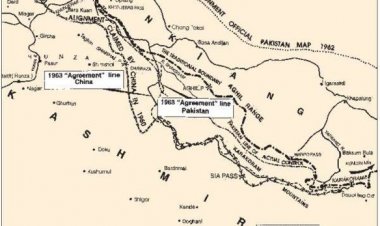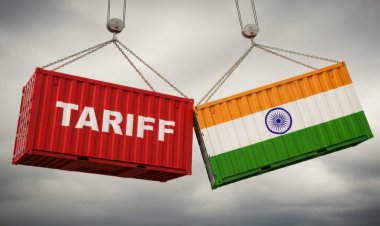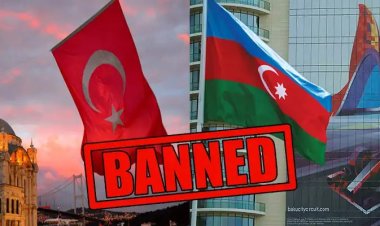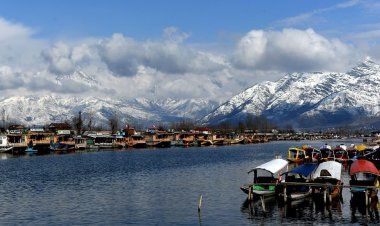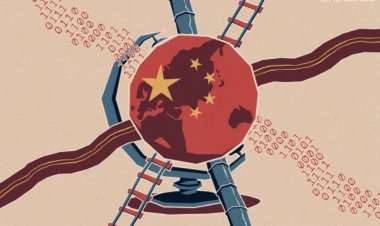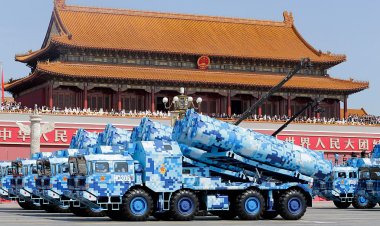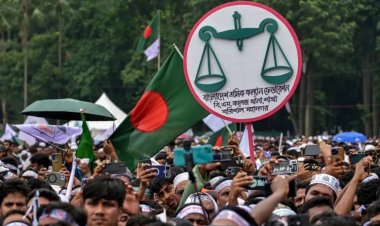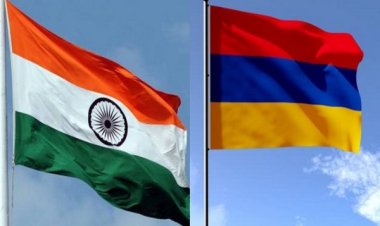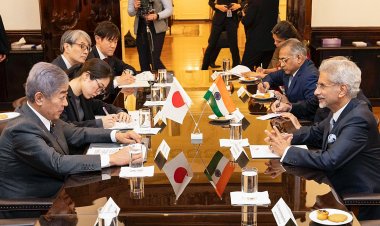Modi took Kashmir’s special status away. He must assure people it won’t become a Palestine
To win Kashmiris’ trust, Modi govt must ensure their economic interests are not affected and encroachers do not find a foothold.
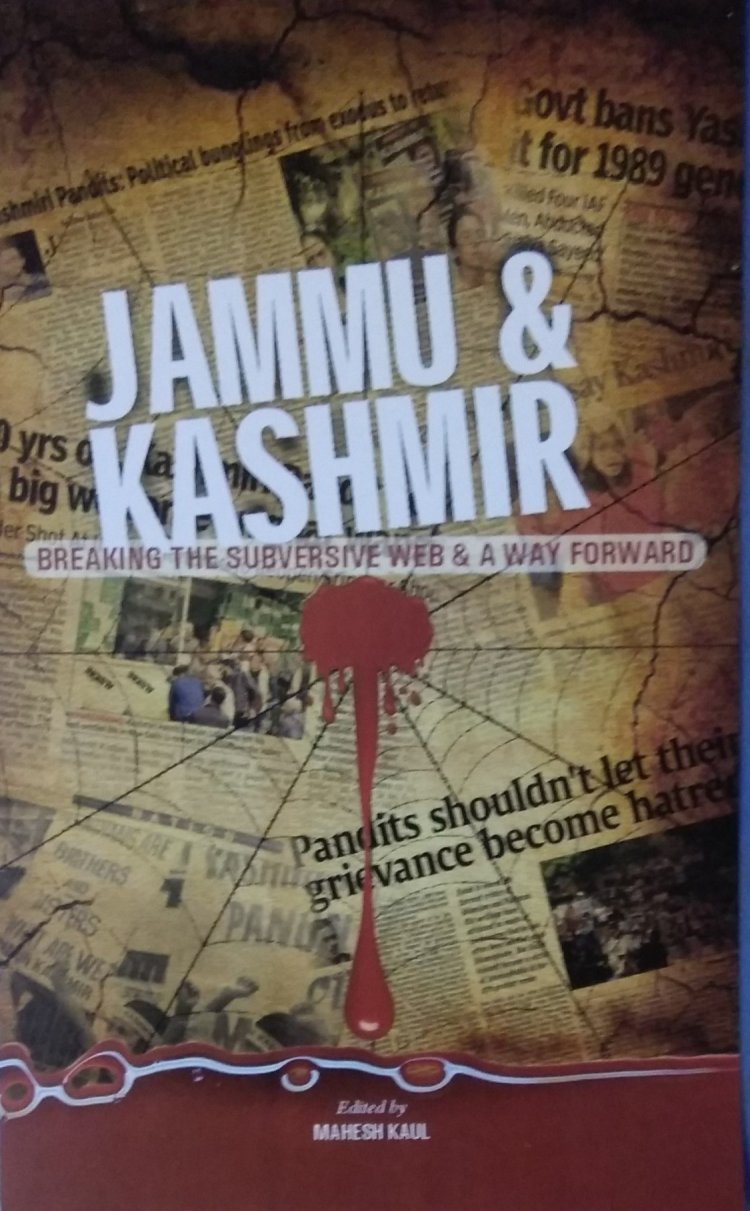
Commentary
By Abhinav Pandya
Finally, Article 370 of India’s Constitution is dead. The real uphill task begins now. For long, the essence of New Delhi’s Kashmir policy was “engage and manage”, which had created a win-win for all the stakeholders rooted in the status quo. For the first time, a government at the Centre has taken a courageous step to resolve the Kashmir issue. However, it opens the floodgates of challenges too.
Kashmiris are fiercely protective about the special status of Kashmir. It is an issue that has brought the so-called pro-India mainstream politicians and the separatists on the same platform. Though there is a strong sense of fatigue, the possibility of a massive civilian uprising cannot be ruled out. Such civil unrest has the potential to last about four to five months. Hence, the Narendra Modi government must take adequate measures to minimise violence and civilian casualties.
Tread carefully
In 1987, the allegedly rigged Jammu and Kashmir assembly election, which the alliance of Congress and National Conference swept, gave rise to militancy, which turned brutal and bloodier with time. The Modi government has to ensure that 2019 does not turn out to be a repeat of 1987. For Kashmiris fed on lies by Pakistan’s propaganda machinery and the opportunistic local politicians, the relationship with Delhi is that of mistrust and betrayal. By no means I am condoning New Delhi’s blunders in creating the distrust. Given the long history of foreign occupation and suppression, Kashmiris are politically very conscious and sensitive. They are most likely to perceive the proposed reorganisation of Jammu and Kashmir into a Union Territory as another betrayal by Delhi and an affront on democracy.
Hence, the Modi government must start the journey with an honest and sincere public outreach initiative to win the hearts and minds of Kashmiris. The mainstream politicians and the separatists have lost credibility because of corruption, nepotism, and bad governance. Pakistan also stands exposed as an opportunist that used religion and innocent Kashmiris to pursue its geo-strategic goals. Although India too faces a huge credibility issue, this moment of vacuum gives New Delhi an excellent opportunity to win over the locals. The newly-elected panchayats can play a robust role in doing Delhi’s bidding. The government has to empower them and ensure that they emerge as people’s leaders and the real custodians of the idea of India in Kashmir.
Advertisement: 0:29
Beyond the development narrative
It must be kept in mind that relying solely on the development narrative won’t serve the purpose. The Modi government will have to address the sense of alienation among the youths and overcome the existing trust deficit. For this, a process that encourages dialogue and participation of people in governance will be required. The government must not fail in this because Kashmir sits on the verge of becoming the most vulnerable hunting ground for transnational terrorist groups like the al Qaeda and the ISIS, especially in a milieu where political Islam is becoming a new buzzword of Kashmiri freedom movement and suicide bombing has become a new craze among the youths. After the United States’ withdrawal from Afghanistan and the Taliban’s arrival there, Jammu and Kashmir will become vulnerable to terrorist groups entrenched in Afghanistan. New Delhi has to ensure that democracy and governance do not fail this time, or else the state could become another Syria.
Over the last three to four decades, the state has become a hot-bed of all kinds of experimentation by secret services. Common people refer to it as ‘agency-raj’. In downtown Srinagar, people sarcastically say that each household works for about six intelligence agencies. Besides the domestic ones, there is no shortage of international players like China, Israel, Iran, and Turkey, informed sources have told me. Hence, the overall feeling is of mutual suspicion and distrust. This has kept the notions of accountable administration and good governance, considered as the privilege of peaceful and stable states, on the back burner. Every government move, including the usual development and engagement initiatives, is viewed with suspicion. The dark virtue of “secrecy” has become a part of people’s lifestyle.
In the economy, people are attuned to Hawala transactions, smuggling, drug-peddling, and working for agencies. Corruption, inefficiency, and nepotism are rampant. The governance is pathetic, and bureaucracy works in a feudal manner. This will have to change and Kashmir’s status of Union Territory will go a long way in achieving this goal. We cannot look at Kashmir merely from the security-cum-intelligence point of view, any more. The Modi government-appointed Lieutenant Governor who will take charge and his administrative team will have an arduous task ahead to overhaul the state’s work culture.
Bridging trust deficit
The challenge is to make Kashmiris feel that they are now citizens of India, and they must have faith in the Indian constitution and the government. So far, Kashmiris have remained in the state of ‘dual loyalties’ towards India and Pakistan. After Monday’s decision, legally, Kashmir becomes one with India.
To bring Kashmir into the mainstream, the new administration will have to focus on sanitising the educational institutions, administration, religious institutions, the police force, and the media. Pakistan-supported extremist organisations like Jamaat-I-Islami and Ahl-i-Hadith have made deep inroads into the state’s academic, social, economic, cultural and political life. So far, state action has only been superficial. If Kashmir is to be really mainstreamed, then such entities will have to be firmly dealt with. The Modi government will have to send an administrative team that can lay strong foundations of good governance, the secular ethos of our Constitution, and a secular education system.
With its deeply entrenched network of OGWs still intact, Pakistan is likely to boil the state, once the FATF pressure eases off, after FATF meeting in October. Further, with the US pressure on Pakistan already showing signs of relaxation after Imran Khan’s deal with Trump, Pakistan will be emboldened. After the US withdrawal, Afghan safe heavens will be available for Lashkar and Jaish terror camps. The relocation of terror camps in Afghanistan will provide deniability to Pakistan. Hence, militancy-related challenges are not yet over.
In no circumstance should the Valley be allowed to become a laboratory for xenophobic and hyper-nationalist forces. The friction between Jammu and Kashmir is enormous, and both have in the past complained of discriminatory treatment by New Delhi. Under the new set-up, there are chances of Jammu-centric leaders imposing their mindless dominance on Kashmir. In the national interest, the Modi government must wean out these differences and bring the two regions closer.
Lastly, the government must also ensure that the unique cultural identity of Kashmir is not threatened. Many of my Kashmiri friends have expressed fears of Kashmir going the Palestine-way, with illegal encroachments by outsiders in a nasty bid to change the region’s demography. In words and deeds, the government has to ensure that such comparisons do not find a foothold. It can frame rules to ensure that the tourism industry remains under the control of the locals and their economic interests are not threatened.
The unfinished story of the Kashmir issue has made the most significant stride towards its final and logical fate, remaining only one step short of the ultimate solution. Once New Delhi navigates through this successfully, the march towards the final solution will begin — most likely, the theatre will be Pakistan Occupied Kashmir and Aksai Chin.
Abhinav Pandya is the author of “Radicalization in India: An Exploration” and Founder and CEO of Usanas Foundation.
Disclaimer: The paper is the author’s individual scholastic articulation and the facts and figures quoted are duly referenced, as needed, and are believed to be correct.
The Print originally published the article.

